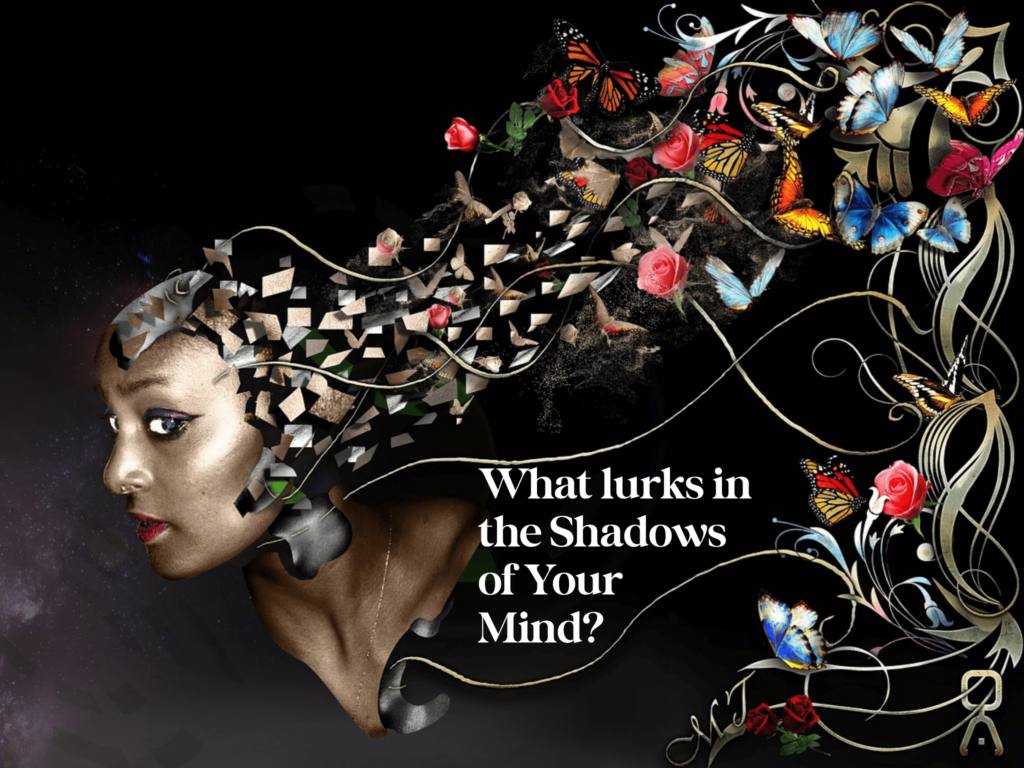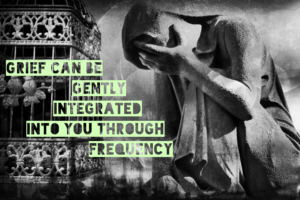Have you heard of “Shadow work”? If you have but don’t know what it means, don’t worry it’s a term many people have little clue about. That doesn’t stop them from jumping to conclusions or even espousing a certain level of confident-sounding authority on the subject.
Trust me when I say, I’m not an authority on Shadow work, I just have two things going for me: 1- a deep curiosity, and ability to study, and research topics, and 2- I know my frequencies, which there I am an authority.
Here’s where Shadow work comes from:
The concept of the “shadow self” originates from the work of Swiss psychiatrist Carl Jung. It refers to the unconscious part of the personality that contains repressed weaknesses, desires, and instincts. Essentially, the shadow self consists of all the aspects of ourselves that we reject or do not wish to acknowledge. The shadow self-resides in the unconscious mind, meaning we are often unaware of its contents and influences on our behavior.
As we know, the unconscious mind isn’t easily revealed because….well, it’s unconscious. So, we must ask ourselves the question: Why do I care about Shadow work to begin with?
We all have change-worthy behavior and as we also know, change can be very hard to do. The reason is that 80% of everything we do is driven on autopilot by our subconscious. And as previously mentioned, the subconscious is hard to access.
While the vast majority of things we do are just fine, there are behaviors, beliefs, and attitudes we have that don’t serve us. We repeat patterns of bad decisions & behaviors. We might get angry quickly or envious of others when there really is no good reason. These are the things hiding in our “shadows”. It’s the things we do repeatedly that don’t serve our best interest where our shadows reside.
Many people see this particularly, with the choice of romantic partners. They seem to be attracted to a “type”, even though the relationship with that type of person may have previously ended badly. We tend to be blinded by the obvious and some people have a very long learning curve.
Shining Light on Your Shadows
As with anything you want to change, you can’t change what you don’t acknowledge. If you have something lurking in the shadows, the first order of business is to bring them into the light, so you know what they are. There are several processes you can use:
–Self-reflection/introspection: Regular introspection and honesty with oneself can help recognize shadow traits. Ask yourself reflective questions about your behaviors, reactions, and emotions. For example, “Why did I react so strongly to that situation?” or “What am I afraid to admit about myself?” Review your daily experiences, focusing on moments of strong emotional reactions. This can help uncover patterns and hidden feelings.
–Therapy: Working with a therapist, can facilitate the process of exploring and integrating the shadow self.
–Sound Healing & Meditation: Using targeted planetary frequencies and deep relaxation that comes with sound healing a person can often dislodge emotions or witness emotional chemicals that need to be dislodged from their body. Engage in mindfulness or meditation to become more aware of thoughts and feelings without judgment. This practice can help a person recognize patterns and hidden aspects of the psyche. Pay attention to physical sensations and tensions in the body, as they can be manifestations of repressed emotions. Sound healing can also aid in a shift in consciousness making a person able to reach areas of their subconscious to shift their own programming. There are specific frequencies to access blocks and areas of emotional resistance to help a person gain greater awareness.
We all have shadows, which is to say, we all have change-worthy behavior. The reason why change can be so difficult to make is that the things that drive our behavior are tucked away in the dark shadows of our mind – the places we don’t visit and are hard to get to without effort.
There are those people who equate the Shadows or darkness of our mind to evil. That view is too simplified and off-base. Your Shadow is a term for those hard-to-reach places in our minds that drive most of our behavior. Sometimes, we just need to clean out those places.







